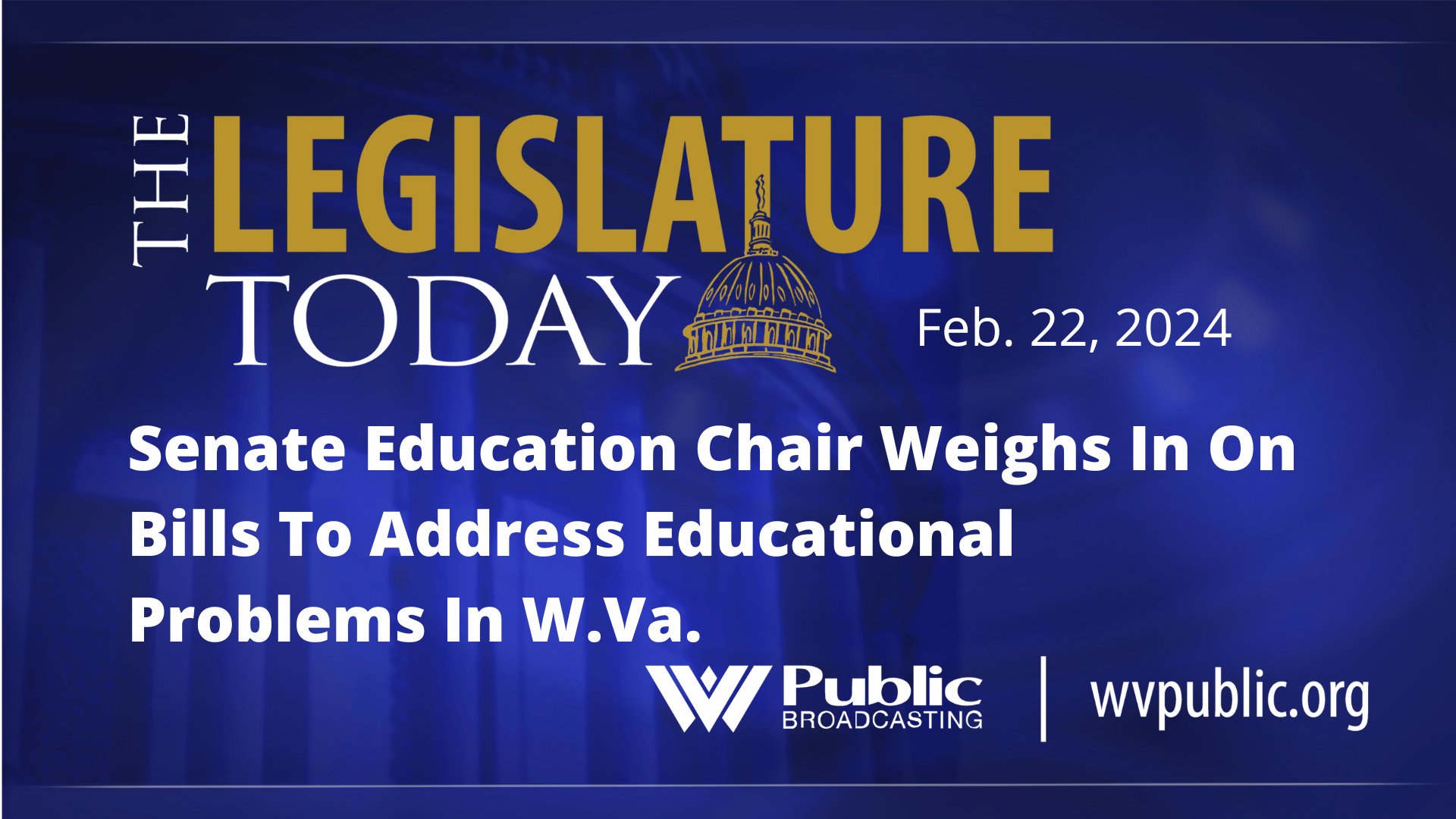The Senate sailed through more than 30 bills Thursday on subjects like missing children, SNAP benefits, West Virginia Public Broadcasting, and Oil and Gas property taxes.
The Senate sailed through more than 30 bills Thursday on subjects like missing children, SNAP benefits, West Virginia Public Broadcasting, and Oil and Gas property taxes.
Missing Children Bill
Senate Bill 768 creates exceptions for law enforcement officers and the National Center for Missing and Exploited Children in accessing confidential records from the Department of Human Resources.
Sen. Charles Trump, R-Morgan, is the lead sponsor of the bill. He said the bill was crafted in consultation with the Department of Human Resources.
“When a child is missing or runs away from home,” Trump said. “I think every law enforcement officer would agree that time is of the essence. So this will expedite that and make it clear that the DHS has the authority to do that.”
Oil and Gas Sunset Clause Bill
A sunset clause is a note on a bill that gives it an expiration date, unless other legislative action is taken to extend the bill or to remove the expiration date.
The Senate moved closer to passing a bill that would remove the sunset clause from a bill passed in 2021. That 2021 bill created the formula for how gas and oil operators and property owners are taxed. Without the removal of the sunset clause, the bill will expire in 2025.
Currently landowners own the land that has a well on it, and separate corporations operate the well to extract oil and gas.
In a public hearing held last week, landowners complained that the current tax practice lacks consistency and transparency.
Landowners say they don’t know what the operators sell the gas for, but conversely, they pay taxes based on that number.
Sen. Laura Chapman, R-Ohio, said she received dozens of calls from landowners and moved to amend the bill to have the mineral rights evaluated at fair market value.
“There are multiple lawsuits pending and by adopting this amendment greater clarity to the valuations can be had,” Chapman said.
However, Sen. Eric Tarr, R-Putnam, opposed the amendment. He said a lot of the pains associated with this year’s tax relate to the two year delay in taxes.
Two years ago natural gas prices had skyrocketed following conflict in Eastern Europe. However prices have since fallen back.
“So what happens then, is now the taxes are due for when you were receiving all those funds where the gas price was high,” Tarr said. “So it’s got a lot of people up in arms now because they’re realizing they’re gonna have to pay while the revenue is low for what the value of a property when they were receiving it was high.”
This current tax code has proven to be complicated for the state Tax Division. Recently the Tax Division provided landowners incorrect assessments that are costing counties and landowners millions of dollars.
West Virginia Public Broadcasting
A bill that would affect West Virginia Public Broadcasting is advancing through the Senate. Senate Bill 844 changes the name of the Educational Broadcasting Authority (EBA) to the Educational Broadcasting Commission. The EBA is the current board of directors for WVPB. The bill also reduces the number of governor-appointed members on the EBA and allows the Secretary of Arts, Culture and History to appoint the WVPB’s executive director, a role previously filled by the Educational Broadcasting Authority.
SNAP Training
Senate Bill 562, would expand the mandatory employment and training requirements that people receiving SNAP benefits must complete.
